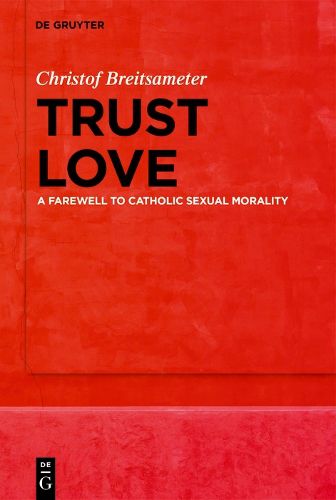Readings Newsletter
Become a Readings Member to make your shopping experience even easier.
Sign in or sign up for free!
You’re not far away from qualifying for FREE standard shipping within Australia
You’ve qualified for FREE standard shipping within Australia
The cart is loading…






This study explores the plausibility of a sexual morality that was primarily intended to ensure the production of 'legitimate offspring' in the traditional lifeworld. With this goal in mind, it is not surprising that adultery, contraception, homosexual relationships, divorce, and remarriage were subject to moral disapproval and in some cases even legal proscription. In this context, Christian theology followed its own path by drastically devaluing sexual lust and increasingly attempting to prohibit divorce and remarriage, despite the fact that no models for this approach existed in either the biblical or the pagan world. Both of these tendencies can be explained with reference to their socio-historical origins, which also necessarily include the establishment of the church as an organization. In the process of tracing these histories, it becomes clear that traditional sexual morality is a product of its time. For this reason, the book also includes a systematic section devoted to considering why this traditional sexual morality has largely lost its validity in modern society, as well as which norms may take its place.
$9.00 standard shipping within Australia
FREE standard shipping within Australia for orders over $100.00
Express & International shipping calculated at checkout
This study explores the plausibility of a sexual morality that was primarily intended to ensure the production of 'legitimate offspring' in the traditional lifeworld. With this goal in mind, it is not surprising that adultery, contraception, homosexual relationships, divorce, and remarriage were subject to moral disapproval and in some cases even legal proscription. In this context, Christian theology followed its own path by drastically devaluing sexual lust and increasingly attempting to prohibit divorce and remarriage, despite the fact that no models for this approach existed in either the biblical or the pagan world. Both of these tendencies can be explained with reference to their socio-historical origins, which also necessarily include the establishment of the church as an organization. In the process of tracing these histories, it becomes clear that traditional sexual morality is a product of its time. For this reason, the book also includes a systematic section devoted to considering why this traditional sexual morality has largely lost its validity in modern society, as well as which norms may take its place.